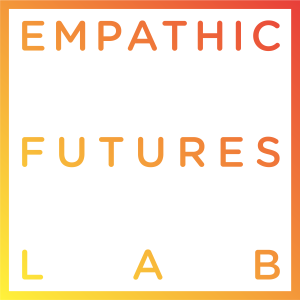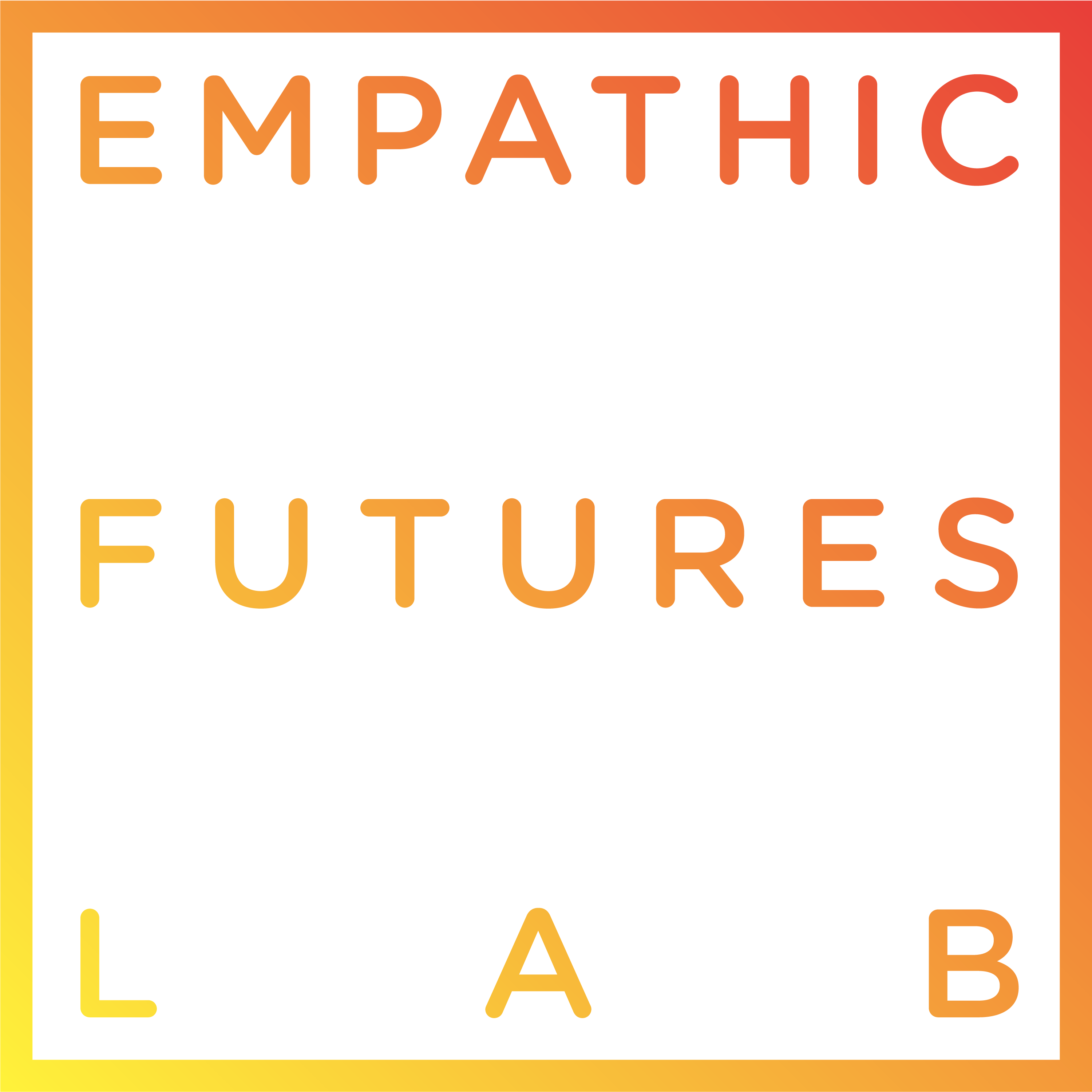Episodes

Thursday Mar 29, 2018
Episode 13: Empathic inJustice
Thursday Mar 29, 2018
Thursday Mar 29, 2018
In this episode, we have James Addison and Olivia Huang with us to discuss their joint MArch thesis from MIT.
There work can be found here: https://www.dropbox.com/s/ss4e9ap92ckefq3/Spaces%20of%20Justice.pdf?dl=0
Their thesis is entitled "Spaces of Justice" and aims to address the more political/social/economic fringes of architecture in that the aspirations of the work takes priority over the architectural details themselves. That being said, there was great thought put into the program included in their proposals as well as the spatial arrangement of these spaces. It is, despite the socio-cultural nature of the work, very much an architecture.
In this episode, we discuss the following:
-The motivations for this project
-What exactly did they do?
-How did they decide on their separate (though related) proposals?
-What did they learn about architecture and how to include research in the design process?
-How would you design "success" in such a political/academic work as this?
-What is next for them?
In the end, it is all about trying to put people (and our collective communities) first when thinking about socio-cultural problems. Architecture has a unique say in this because of how space influences people and we must be willing to be part of this conversation.
*if you enjoyed this episode, please rate us on itunes*
Thank you for listening.

Saturday Feb 24, 2018
Episode 12: Sensors Save Us?
Saturday Feb 24, 2018
Saturday Feb 24, 2018
Sensors Save Us? features a lively discussion regarding the impact that sensors and information collection may have on the police forces of the near future. We start by considering how officers deal with information being collected about them and the ways that can influence how one would act in specific scenarios. We also discuss the role data collection plays in relation to their firearms. Finally all this culminates in the idea that if you could use data collection to manipulate the stress levels of an officer in the field it would allow them more opportunity to act as a community officer, flipping the public perspective that is often associated with police forces today.
Additionally we have included a few articles that helped inspire this conversation.
On Gun Sensors:
NJ Law
Smart Charger
https://www.theverge.com/2017/2/9/14561358/dodge-charger-pursuit-police-ambush-protection
Body Sensor Network
Future Officers

Tuesday Feb 13, 2018
Episode 11: Filters are Us
Tuesday Feb 13, 2018
Tuesday Feb 13, 2018
This episode is our last installment in our mini-series on Kevin Kelly's book: "The Inevitable." We discuss his chapter on filters. The basic premise of the chapter is that as society creates an increasing amount of content and data, it becomes impossible for us as humans to view/experience/process those creations. Our attention is hard limited at 24 hours per day after all (supposing we don't get any sleep). This is where filters come in: they help us decide what content to interact with.
Our discussion starts off around this question of what are successful filters and what do they mean to us. We talk heavily about advertising in today's society and move into discussing how friends and people filter content for us. Where does this lead us as a person and as a society? How do we manage these filter bubbles?
We then discuss what this means for space. Can we have these environmental experience market places for designers, both amateur or professional, to showcase and sell their work?
Then we discuss, at the end, how all of this filtering and AI algorithms has the potential to make us more human rather than less human as the world increasingly centers around "experience" and "personalization".
Thanks for listening and, as always, feel free to comment. We'd love to hear your thoughts.

Sunday Feb 04, 2018
Episode 10: The Infrastructure of US
Sunday Feb 04, 2018
Sunday Feb 04, 2018
This week we are excited to welcome Robert Prochaska to our 10th episode of Empathic Futures Lab. It was recorded with all 3 of us together in Champaign, Illinois. We would like to thank him for taking the time to talk. It was a fantastic way to hit hit double digits.
Robert is an architectural designer and freelance photographer currently working on an photography project and exhibit/installation called "Portals" which will be displayed at the University of Illinois starting April 2nd. You can find his other work at the following links: https://www.rsprochaska.com/portals and https://www.instagram.com/takethe___train/?hl=en.
Robert's work, a series of sub-projects under a main research project called "Americana", focuses on the state of infrastructure in the United States with the goal of both highlighting the understated beauty of these objects as well as the need to maintain it going forward.
The discussion starts by introducing Robert's interests and how they came about then moves towards the meaning of infrastructure both our our built environment and our culture. Along the way we dive into his up-coming exhibit and how to best use photography to bring awareness to these issues.
Hope you enjoy this episode and feel free to comment below with questions, concerns or comments to continue this dialogue.

Wednesday Jan 31, 2018
Episode 9: Design in the Relationships
Wednesday Jan 31, 2018
Wednesday Jan 31, 2018
We are excited to announce our first guest on the show: Marco Fabrega. Definitely give it a listen. It was our longest podcast to date but that is only because we have so much fun in the end.
Marco is a User Experience Designer with Havas Group in Chicago as well as a veteran of a couple start-up companies. He shares his experiences of moving from architecture school into the digital design disciplines and discusses what he's learned along the way. Namely he discusses how this journey has shapedhis definition of design as not only for problem solving but also understanding relationships between disciplines, designers and the user.
Next we get into the standards and practices of UX design. He shares hows he's learned the design processes and design practices within the User Experience profession.
From there, we roll into the future of user experience design. What does it mean now and what will in mean in the future? How do we operate differently between screens, voice, and VR. What does this mean for the user? We talk about how we perceive motion, material, and voice and how mistakes in certain areas like this can produce greater cognitive load.
Finally, we talk about quirks in design interfaces and problem solving within that discipline such as how Instagram and Ebay solved their branding issues differently.

Wednesday Jan 24, 2018
Episode 8: Flowing Environments
Wednesday Jan 24, 2018
Wednesday Jan 24, 2018
This is the second episode in a series where we discuss some of the key trends in Kevin Kelly's book: The Inevitable. The trend for this episode is "Flowing." The idea is that as society progresses, we go from consumer rare, fixed items produced by specialially trained craftsmen to consuming ubiquitous copies of that media and finally to being able to modify and create such media on our own quite easily.
Our discussion focused around the following questions:
Where are we at in architecture/environment design today?
How far into this state of flowing do we as designers want to proceed? And what does that mean for design?
How do we reach a state of "flowing" for spaces and environments which are currently though of as fairly static?

Friday Jan 19, 2018
Episode 7: Becoming a Protopia
Friday Jan 19, 2018
Friday Jan 19, 2018
This episode starts off a series in which we will be discussing Kevin Kelly's "The Inevitable: Understanding the 12 technological forces that will shape our future." In this first episode of the series, we discuss the chapter entitled "Becoming." The premise of the chapter is that we live in a Protopia meaning a world that is constantly updating itself in incremental fashion.
The episode starts with Christian posing a question around the societal effects of an increasing rate of change mean for our environments? Will we even notice these changes as they occur or will we be blind to them until one day, we wake up and realize the whole world is different?
The second half of the episode is spent discussing the ramifications of where we are in the updating process. We have updated our world to such extent that everything is becoming smart. Everything is producing information. How do we handle this?

Sunday Jan 07, 2018
Episode 6: Design Trends for 2018, part 2
Sunday Jan 07, 2018
Sunday Jan 07, 2018
With the end of 2017 and the start of 2018, we are discussing design trends for the future. The design trends we are discussing come from the following article from Fast Company: https://www.fastcodesign.com/90153796/the-9-big-design-trends-that-will-shape-2018
5) We'll finally move beyond Flat Design
6) We'll eat our Feelings
7) AI will turn the world into a big Uber Map
8) Designers will Wake up and Fight Back
9) Evolution in what Value means
Bonus) Thoughts on Autheticity and how that matters in today's cullture
As always, please let us know what you thought and leave comments here or on our website at empathicfutures.wordpress.com

Wednesday Dec 27, 2017
Episode 5: Design Trends for 2018, part 1
Wednesday Dec 27, 2017
Wednesday Dec 27, 2017
Show notes:
With the end of 2017 and the start of 2018, we are discussing design trends for the future. The design trends we are discussing come from the following article from Fast Company: https://www.fastcodesign.com/90153796/the-9-big-design-trends-that-will-shape-2018
1) A Revolution in User-Friendly Politics is Coming
2) Inclusivity will go Mainstream
3) A Whole New Field will be Born: Artificial Intelligence
4) Digital is Disappearing
As always, please let us know what you though and leave comments here or on our website at empathicfutures.wordpress.com

Thursday Dec 14, 2017
Episode 4: Data and Identity
Thursday Dec 14, 2017
Thursday Dec 14, 2017
In this episode, we discuss the ramifications that ML/AI has on the privacy and identity. In particular, what design implications and solutions are incurred. The following topics come up during this discussion.
We discuss this great article in the NY Times on explainable AI: https://www.nytimes.com/2017/11/21/magazine/can-ai-be-taught-to-explain-itself.html
How can we reverse or change our identity in a time when are current selves are made up all the data produced by our past selves (data inertia).
What does it mean to society if ML algorithms are digging up knowledge that we are not prepared to embrace? ML has no taboos, it just finds patterns.
Life Designers in the future: can a person work in tandem with machines to curate our lives? What does that mean for our quality of life? How does that influence how we relate to each other?

